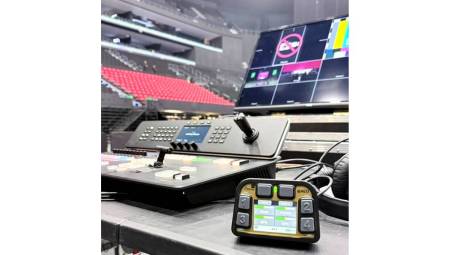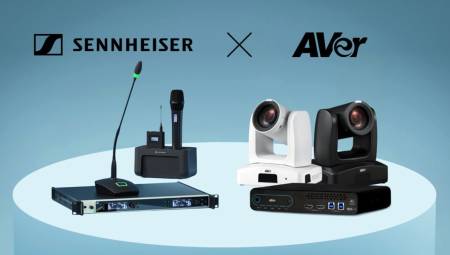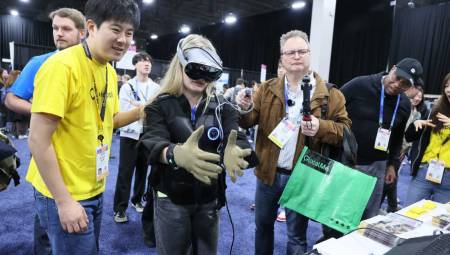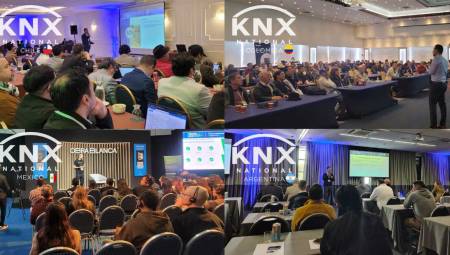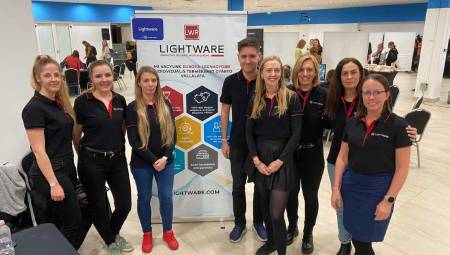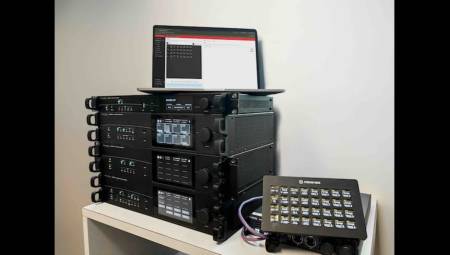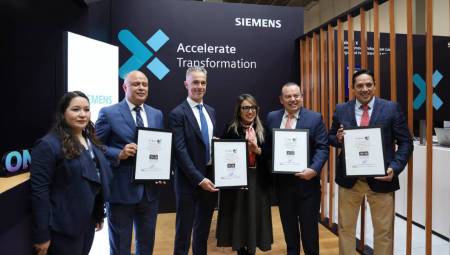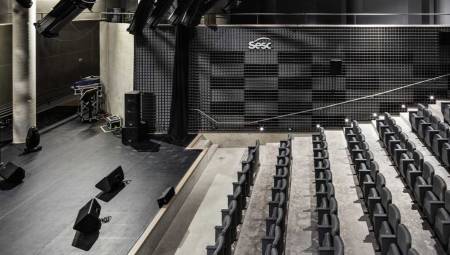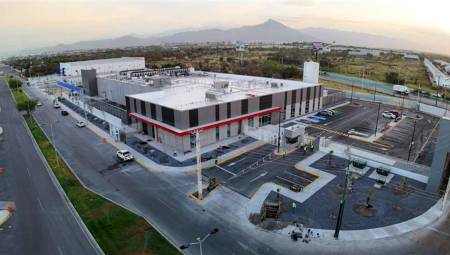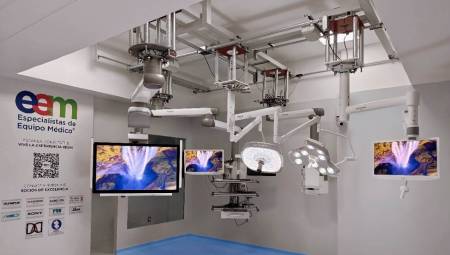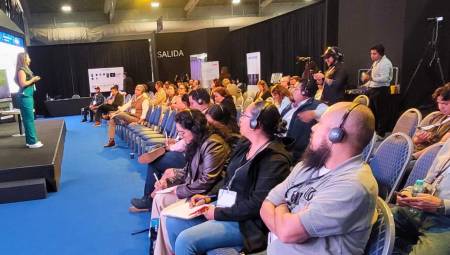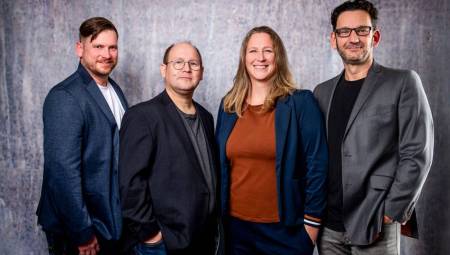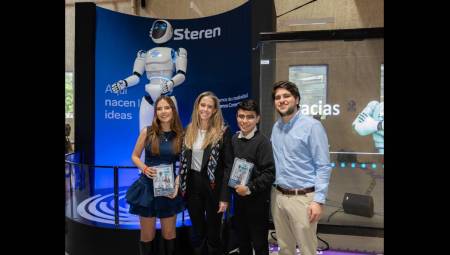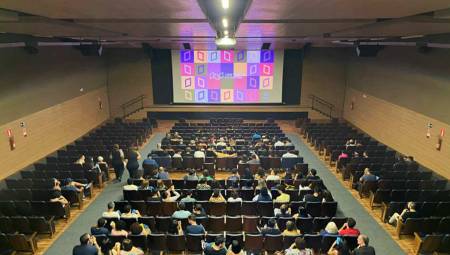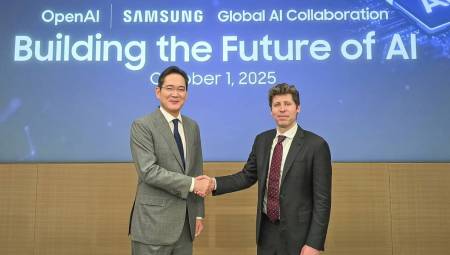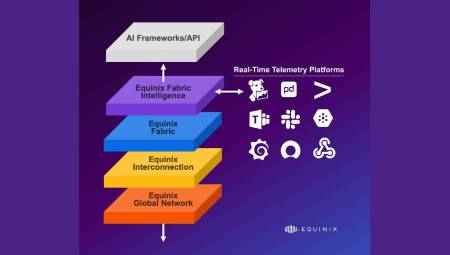Latin America. Artificial Intelligence (AI) and machine learning are revolutionizing existing markets around the world, enabling new and innovative use cases in customer service operations, marketing and sales, software engineering, as well as research and development; and Latin America is no stranger to this transformation.
In the region, AI is presented as a driver of change in the digital frontier and its advance is already impacting each country in different ways. According to Statista, Mexico ranks fourth in the global ranking of countries with the highest increase in industrial robot installations, registering a growth of 61% in recent years.
On the other hand, a study by NTT DATA entitled "Artificial Intelligence 2023", highlights that Colombia and Mexico are the countries that lead the most in the recognition of the potential of AI in Latin America, with 84% and 83% respectively. While Chile and Brazil are above 67%; while Argentina and Peru emerge as the countries that show some caution regarding the potential of AI with 60% and 58%.
In sectors such as banking and finance, which have always been characterized by conforming to very traditional forms, AI has already changed the rules of the game with chatbots, virtual assistants and personalized banking. Likewise, Retail and eCommerce use AI to forecast product demand, to avoid inventory surpluses or out-of-stocks. Starbucks, for example, uses AI to analyze weather, community events, and historical data to predict inventory and staffing levels needed at specific times.
The adoption of AI and machine learning experienced today is just the beginning, and it will spread to more industries as new advancements and more use cases emerge. In this sense, McKinsey research shows that generative AI has the potential to generate between $2.6 trillion and $4.4 trillion in value across all business verticals and that 50% of work activities performed in 2023 could be automated by 2060.
In this context, Infobip, a cloud telecommunications company, points out the effect that these technologies will have on 4 sectors, which require great human involvement, in the coming years:
Education
Generation Alpha, the digital natives who do not know what the world was like before the Internet, are the future consumers, teachers and members of the society of the future. Therefore, it is necessary to understand them and adopt a new system of teaching for them. In this regard, more immersive learning experiences will be seen in the coming years.
It will be very common to see AI-powered tutors offering personalized chat assistance and mimicking a human tutor, as well as virtual and augmented reality (VR/AR) that will create interactive experiences for hard-to-understand subjects. It will also aim for hands-on learning and gamification to increase student motivation and engagement, while real-time translations and speech-to-text tools will make education accessible and inclusive.
Legal Services
The legal services industry is made up of a wide range of practices and specializations, and AI can be very useful. Due to its ability to process large databases, AI will be able to find relevant legal precedents and arguments, predict case outcomes based on historical data, make appointments and provide basic legal information, as well as automate document management and invoicing processes. In this way, lawyers will be able to build stronger cases, advise clients more effectively, improve client satisfaction and offer more accessible services.
Art
Generative AI changed the perspective of AI in the art industry, as it can now create original content. So, in the future, artists will be able to use AI to generate ideas, design new art forms, and explore innovative techniques. They will also be able to provide inspiration and suggestions to artists who paint, compose or write. Likewise, by taking advantage of their data, AI systems offer the possibility of inventing their own unpublished works.
From a business perspective, artists can use AI to analyze market trends, predict the value of their works, and get pricing suggestions, thereby optimizing sales and marketing efforts. They will also be able to increase participation with personalized recommendations based on artificial intelligence and interactive art installations that respond to movement, voice or emotions. For their part, museums and galleries could take on a new form through augmented reality experiences, interactive guides and personalized tours.
Social work
The impact of AI in the social work sector is expected to translate into greater efficiency, better outcomes for users, and data-driven decision-making. In addition, AI-based tools will streamline administrative tasks such as documentation, scheduling, and data entry, allowing social workers to spend more time on direct interactions with people. Automated systems can also track the progress of cases and provide reminders for follow-up actions.
Meanwhile, AI-powered chatbots and virtual assistants will provide support to users 24 hours a day, offering immediate assistance and resources. These tools can also facilitate initial assessments and triage, ensuring that each case receives timely help. These changes through AI will help social workers become more proactive, data-informed, and user-centric, leading to more effective and efficient social services.
In short, the future is driven by AI, but built for human beings, by humans too. In this context, many sectors made progress in the adoption of AI and in innovative use cases. But, there is still much to be done and industries that rely heavily on human participation will begin to incorporate the data processing, predictive analytics and automation offered by AI technologies to create immersive experiences along with the emotional understanding and critical thinking that people bring, seeking to keep interactions increasingly connected. attractive and powerful.





